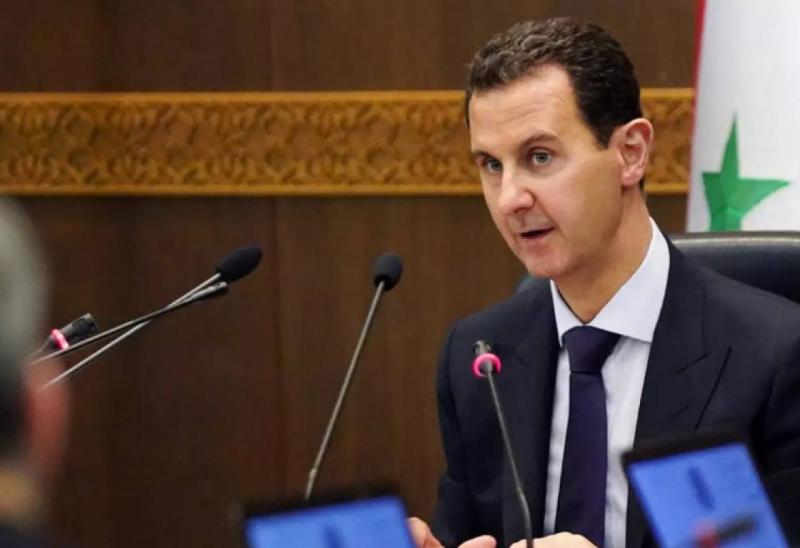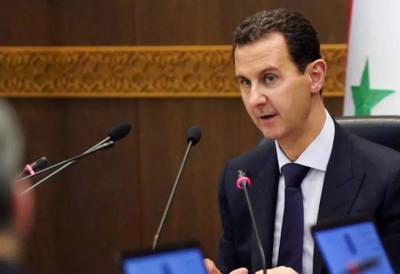Syrian President Bashar al-Assad abolished the position of Grand Mufti of the Republic through a decree issued on Monday, with unclear reasons and background for the decision. Simultaneously, the decree strengthened the authority of the Fiqh Council within the Ministry of Awqaf.
Assad issued Legislative Decree No. 28, which eliminated Article 35 of the law governing the work of the Ministry of Awqaf, which previously designated the Grand Mufti of the Republic. The new decree enhances the powers of the scientific Fiqh council, headed by the minister, of which the mufti was a member. The council is now tasked with responsibilities that were previously the mufti's, such as "determining the start and end dates of lunar months, seeking the crescents and affirming them, and announcing the associated legal rulings pertaining to Islamic rituals and religious practices," as well as "issuing fatwas and establishing the principles, criteria, and mechanisms necessary for organizing and regulating them."
The reasons behind the abolition of the Grand Mufti position, previously held by Ahmad Badreddin Hassoun since 2004, remain unclear, although he is known for his supportive stance towards the Syrian president. This is not the first time Assad has modified the structure of Islamic endowments; in 2018, he issued a law granting extensive powers to the Minister of Awqaf, limiting the term of the Grand Mufti to three renewable years, to be appointed by a decree upon the minister's proposal, whereas previously the president appointed the mufti without specifying a term.
The law sparked controversy upon its issuance, with some arguing that it granted significant powers to the Ministry of Awqaf, thereby reinforcing the authority of religious institutions, while others viewed it as enhancing the grip of authorities on the religious institution in Syria entirely. The decision to abolish the position of Grand Mufti came days after a harsh response from the scientific Fiqh council to Mufti Hassoun's interpretation of a Quranic verse, which the council considered a "distortion" and emphasized the need to "not get carried away by strange personal interpretations." Some viewed this as evidence of the strengthening of the Ministry of Awqaf’s authority and role.




